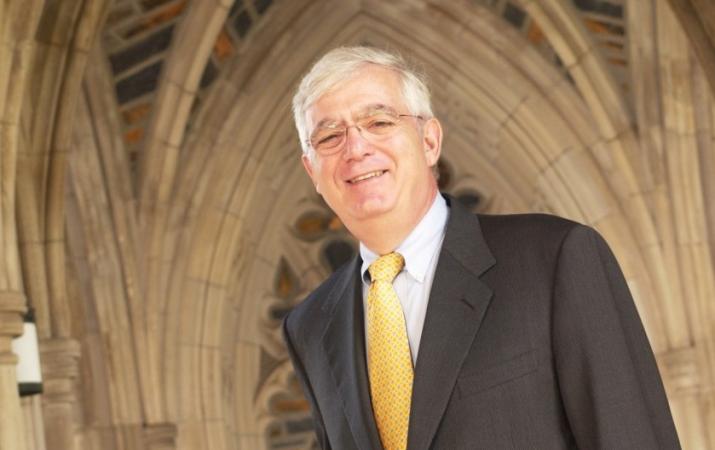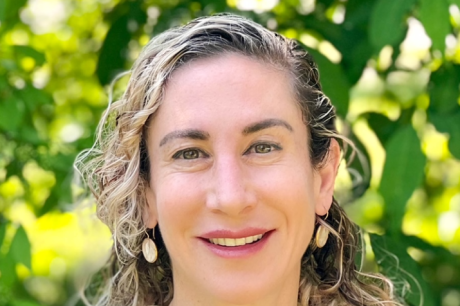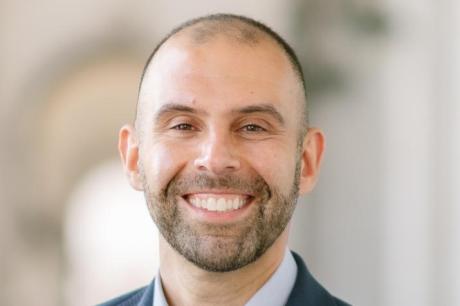
Published November 17, 2006, last updated on March 28, 2013
Nov. 1, Michael Merson became the first director of the newly formed Global Health Institute, a year after a University steering committee recommended the insititute's formation.
During the last few years, Duke has made global health into a top University concern, and has done a commendable job branding itself as a school committed to this rapidly expanding field. Created last April, the Global Health Institute currently has a $30-million endowment. In the recent $1.3-billion strategic plan, "Making a Difference," global health was mentioned as a major priority. Around the world, programs are visibly connected to Duke on a number of levels.
Global health is an issue that few would condemn as a University priority. In a world struggling to prevent and treat a variety of diseases-as well as social structures that contribute to the spread of many of these diseases-universities play an important role in funding, research and service.
So everyone knows Duke is on board. What now?
As the Institute has an eye for the global community-and the Durham one-it should make sure that students here on campus have ample opportunities to help. The next logical step is to get students excited about the work of the institute and allow undergraduates and graduates alike to get more involved.
Many Duke students are interested in issues surrounding global health, but don't know where to start. Having the new Institute can serve as a centralized support system for students looking to get involved.
Global health could also play a greater role in Duke's prized study abroad program. Duke touts its large numbers of study abroad students when recruiting, but the current system leaves much to be desired for those interested in global health. The University should dedicate additional staff and resources to students interested in going abroad in hopes of incorporating global health into their educational experiences. Encouraging students to travel to places like Botswana, Haiti, Russia or India requires much more support and preparation, a service that the study abroad office currently just does not meet.
Another way in which Duke can increase student participation is by making global health classes and volunteer opportunities more widely publicized. Expanding the global health category on ACES would definitely boost class enrollments as well as increase the number of students pursuing the current global health certificate.
The Global Health Institute should market itself to potential undergrads as the premier university for those looking toward a future in global health, as Georgetown's School of Foreign Service is for students interested in diplomacy.
We understand these measures will take time to implement; Merson has said so himself. However, the global health program at Duke has enormous potential and is on the verge of becoming a major force here. Merson should recognize students as valuable assets to help the Global Health Institute realize its goals.
Lots of students are ready, willing and able to help. It's just a matter of offering them the right opportunities and support.


